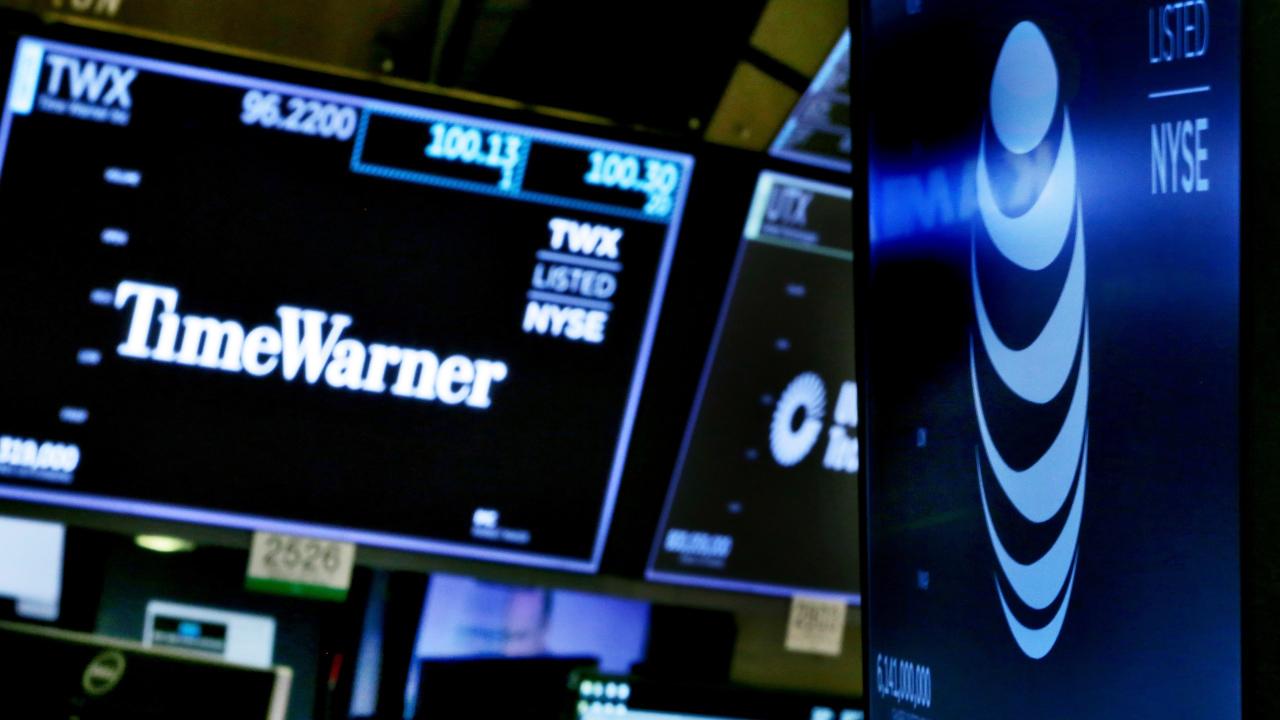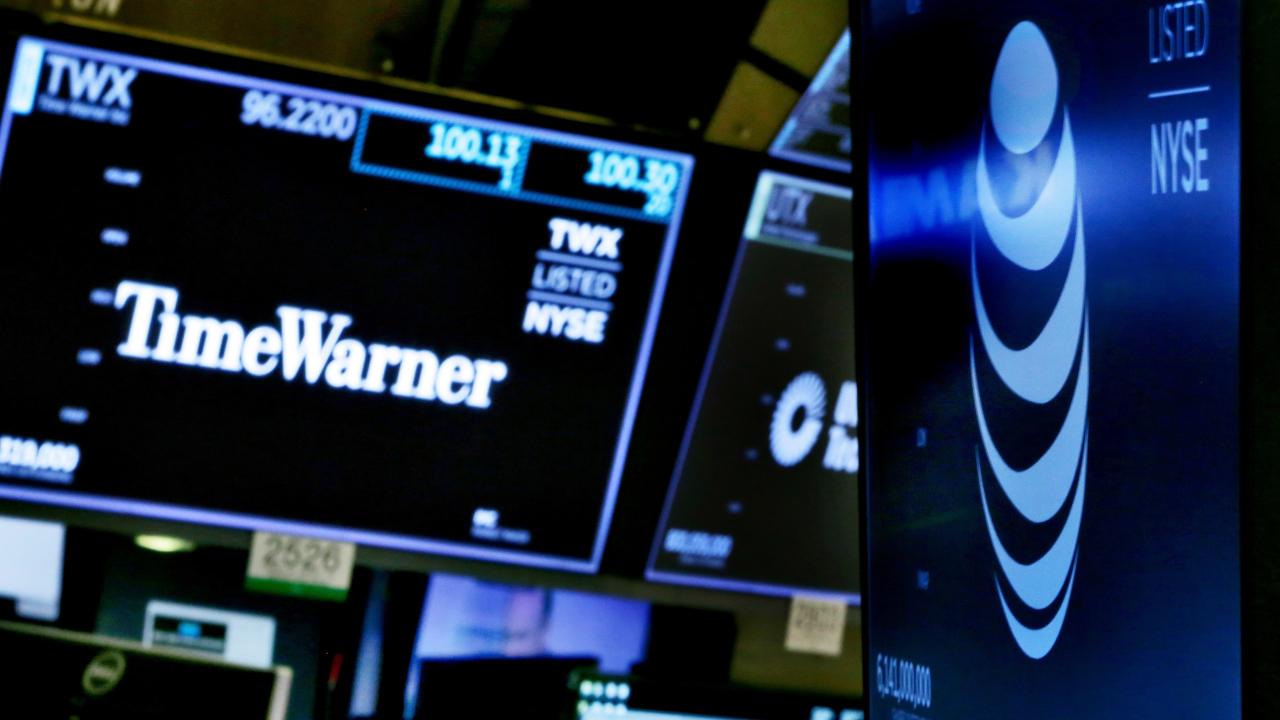
The fight over AT&T and Time Warner is still very much a thing.
The US Department of Justice on Monday filed its opening brief in the D.C. District Court of Appeals, which is designed to prevent, or break up AT&T’s acquisition of Time Warner. AT&T closed its takeover in June, just days after a district court judge ruled in favor of the telecom giant.
The Justice Department claims the initial ruling rested on two fundamental errors, including the economics of bargaining, which includes how a provider like DirecTV would negotiate for rates with cable channels like TNT or CNN, as well as how multiple divisions would cooperate to maximize profits. The agency warned that ‘American consumers will pay hundreds of millions of dollars a year more for pay-television service, as distributors pass on their higher costs.’
The appeal was a surprise given AT&T’s complete victory over the agency in June. Most industry observers had suspected Judge Richard Leon to dictate concessions to the telecom provider in his ruling. But Leon ruled in favor of AT&T without any stipulations, and admonished the Justice Department for such a weak case.
The DOJ isn’t giving up. The agency insists that AT&T-Time Warner is one of the rare cases of a vertical merger — when companies in different businesses combine — that is anti-competitive.

‘The outcome of this appeal will shape the future of the media and telecommunications industries for years to come by setting the standard for determining whether industry participants will be permitted to merge into vertically integrated firms that control valuable programming content as well as the means of distributing that content to consumers,’ the brief said.
Time Warner, now known as Warner Media, is the lynchpin to AT&T’s transformation into an entertainment powerhouse. The nation’s second-largest wireless provider has been steadily pushing to get into the content business. The company said the brief shouldn’t affect its plans.
‘Appeals aren’t ‘do-overs.’ After a long trial, Judge Leon weighed the evidence and rendered a comprehensive 172-page decision that systematically exposed each of the many holes in the government’s case,’ said AT&T General Counsel David McAtee. ‘There is nothing in DOJ’s brief today that should disturb that decision.’
